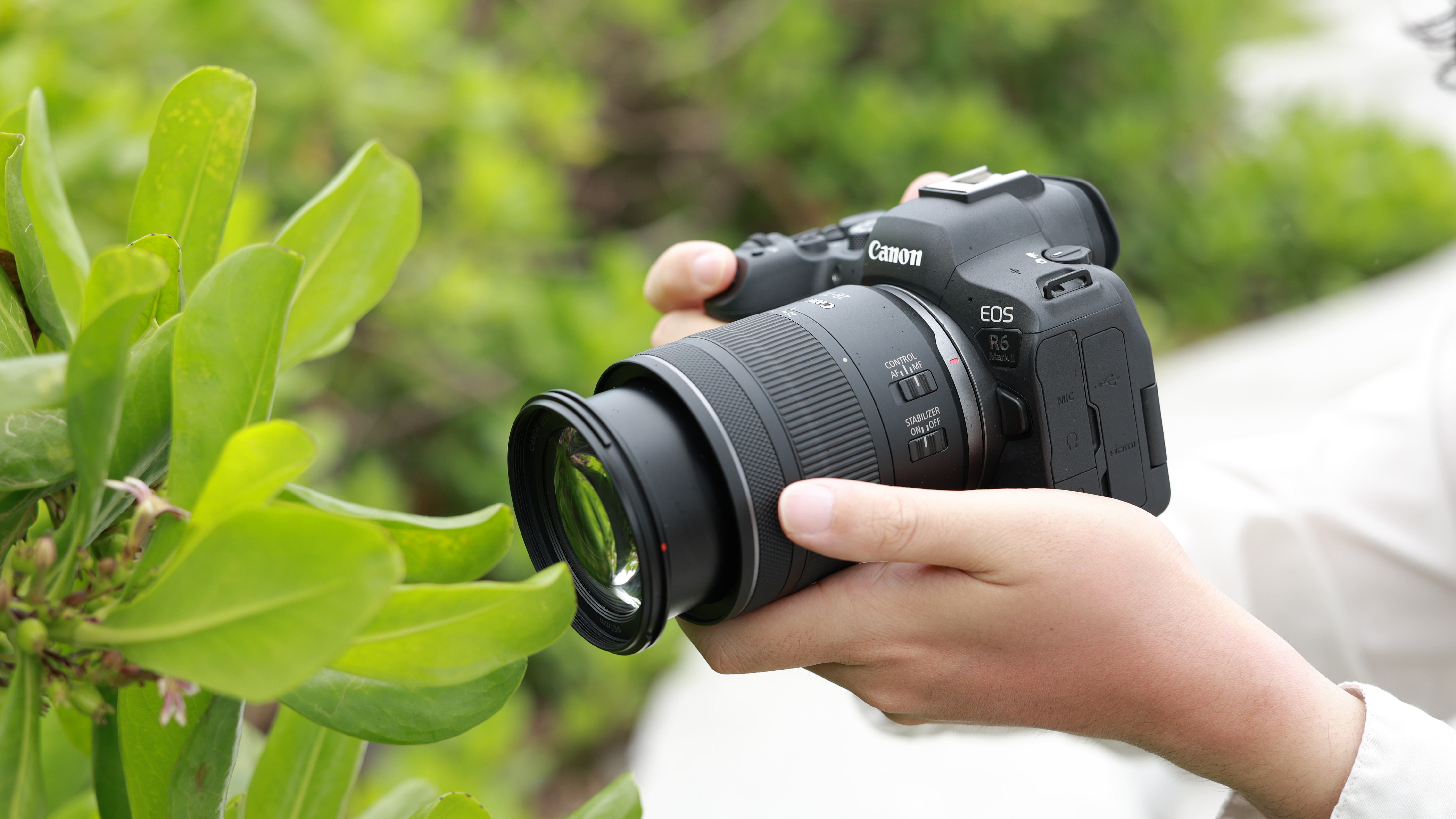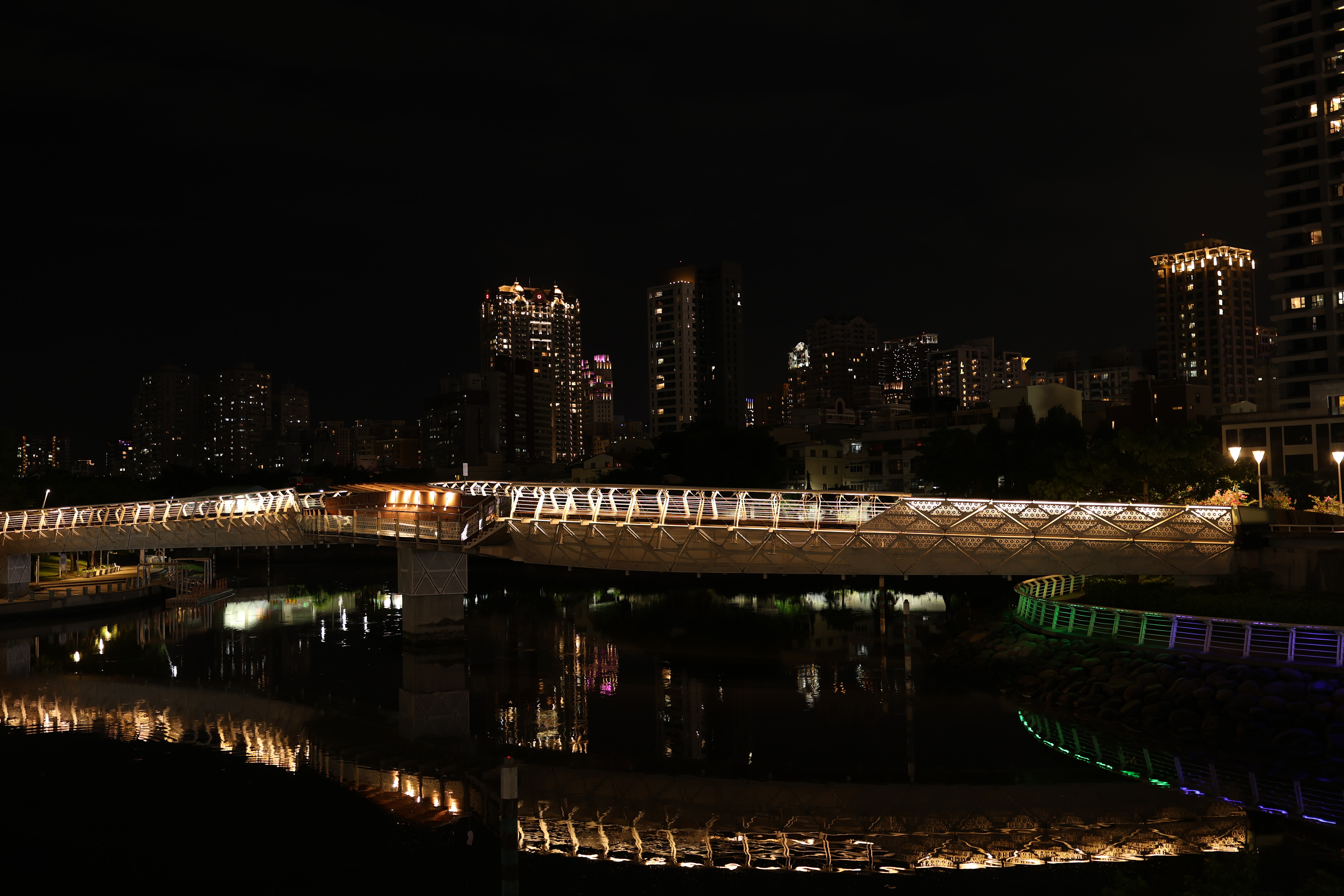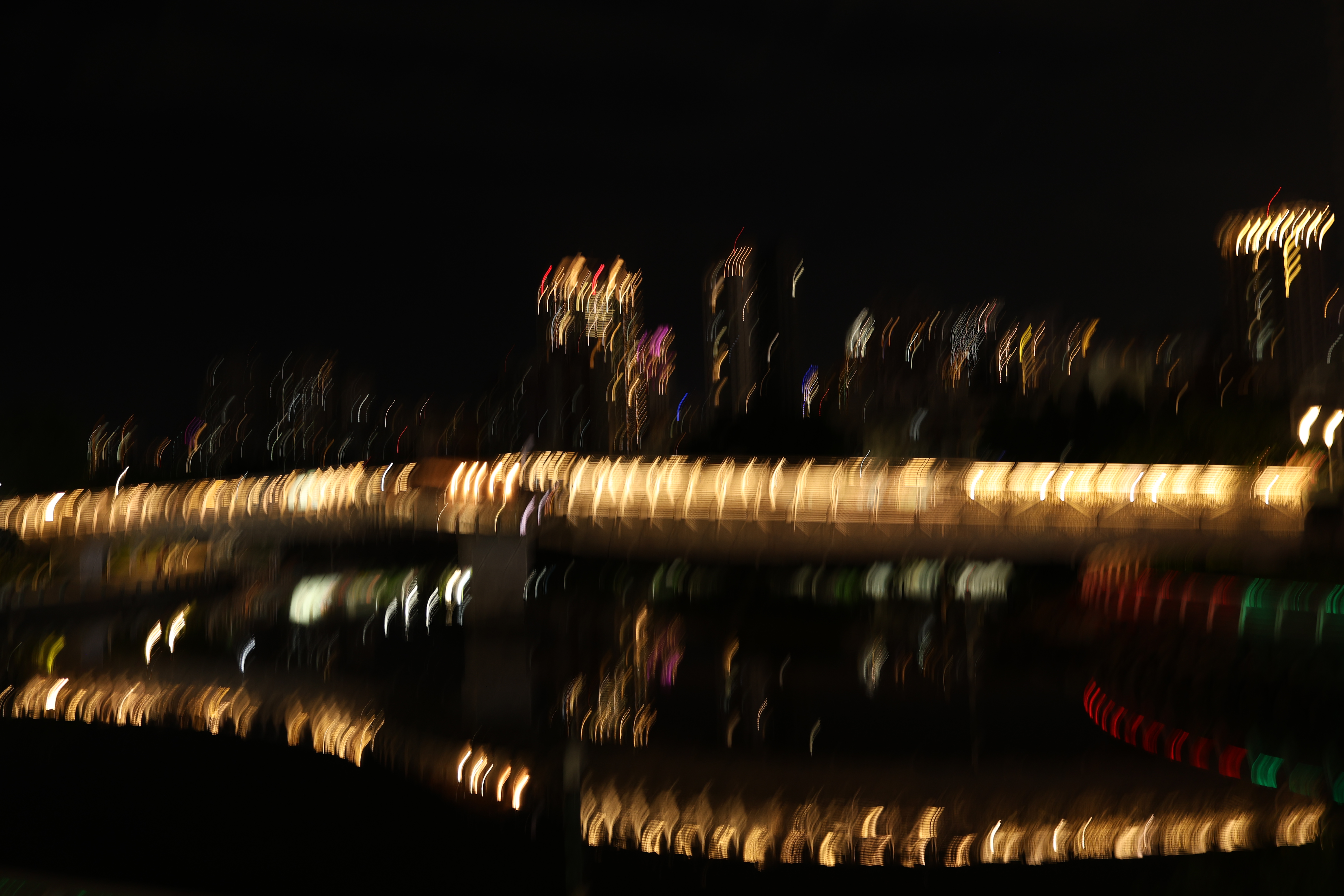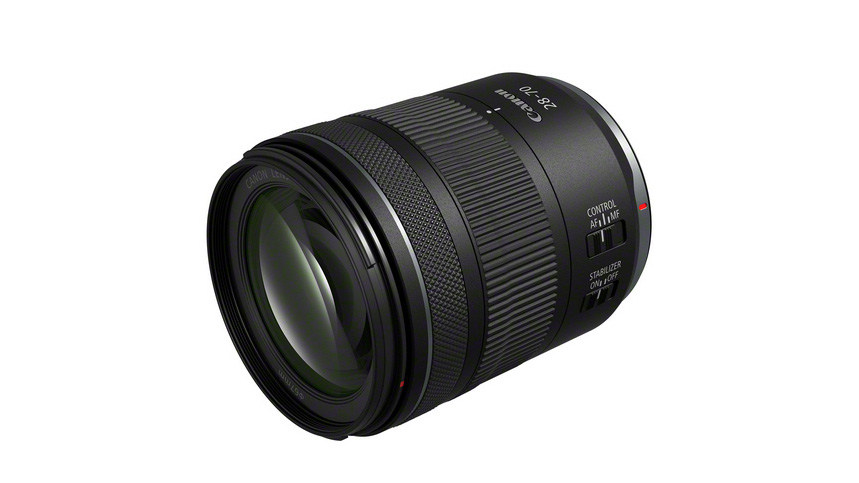
Canon has launched what is, on paper, a trinity lens without the red ring or the price tag. The new Canon RF 28-70mm f/2.8 IS STM doesn't pack the same elite optical performance, but it's a far more affordable alternative to both the RF 28-70mm f/2L and the RF 24-70mm f/2.8L.
It’s set to be a great accompaniment to Canon’s full-frame mirrorless cameras such as the EOS R6, R6 Mark II and R8, and will be a substantial upgrade over kit lenses such as the RF 24-50mm f/4.5-6.3 or RF 24-105mm f/4-7.1.
While it is a full-frame lens it can of course be used on any of Canon’s mirrorless APS-C cameras, where its 1.6x crop factor will give a full frame focal length equivalent of 44.8-112mm – where you’ll also enjoy the sharpest, center-most portion of the optics.
Canon doesn’t currently plan for the RF 28-70mm f/2.8 to be bundled with such cameras, though this could change in the future. It makes for a substantial upgrade over the current kit bundle options with its wide f/2.8 maximum aperture. And it gives upgraders a nice option to the RF 24-105mm f/4L IS USM – the original L-series zoom for the R system, widely considered one of the best Canon RF lenses.



While the new lens has a slightly more limited focal range, with a 2.5x optical zoom compared to the 4.3x zoom of the 24-105mm, it's about 14% smaller in length when fully retracted – and 30% lighter, too, weighing just 490g.
Canon’s non L-series lenses aren’t usually weather-sealed, but the new 28-70mm f/2.8 bucks this trend with protective seals around the focus and zoom rings, sealing around the RF mount, and the lens switches have been redesigned for dust- and water-proofing.
The ace up its sleeve is the constant f/2.8 maximum aperture available throughout the zoom range. In terms of kit lenses this makes it a full stop (twice as bright) as the 24-105mm f/4L, and both 1.3 stops brighter than the 24-50mm at its widest setting and 2.3 stops (over four times as bright) at its 50mm setting – so it’s much better suited to low light situations as it can suck in notably more light.
Speaking of low light, the new RF 28-70mm f/2.8 claims to deliver shutter speeds 5.5 stops slower than would normally be required using its Optical Image Stabilization – or up to a whopping 7.5 stops when paired with one of Canon’s cameras featuring In-body image stabilization.


As this lens doesn’t get the red ring signifying that it’s an elite L-series optic, Canon acknowledges that its image quality won’t quite match that of L glass like the 24-105mm f/4L.
I tested the two lenses side-by-side while writing my Canon RF 28-70mm f/2.8 IS STM review, and found that the new lens more than held its ground – though it makes use of in-camera correction to compensate for a non-L optical formula.
"What can be said for the image quality of the Canon RF 28-70mm f/2.8 is that it is nice and sharp across the frame, and this gets even better when closing the aperture to a middle value like f/5.6," I said in the review.
"In summary, the image quality doesn't really concern me. It follows Canon’s growing trend of sacrificing the optical quality by fixing it in post-production and therefore enabling the lens to be made smaller and lighter."

It’s constructed from 15 elements in 12 groups, with two UD (ultra-low distortion) and two GMo (glass-molded) aspherical elements as well as Canon’s Super Spectra coating (which Canon says will "ensure incredible sharpness"). It also boasts a 9-blade aperture, for circular bokeh, with a 67mm front filter thread and closest focusing distance of 27cm at its widest 28mm focal length.
Canon claims its users will experience a big step-up in video performance, too, with "gorgeous smooth focus transitions and quick adjustments" thanks to an STM (stepping) motor for fast, accurate and quiet autofocus. It also boasts focus breathing compensation that can work in conjunction with the breathing compensation system present in some EOS R cameras.
There’s also a new three-way switch to change the front ring from a control ring to a manual focus ring, or to flick it to AF for uninterrupted autofocusing if you prefer.
The Canon RF 28-70mm f/2.8 IS STM is due to go on sale on September 27, with a retail price of $1,099 / £1,249.99 (Australian pricing to be confirmed).

You might be interested in the best Canon RF lenses – and don't forget that you can also adapt the best Canon lenses for DSLR to use on EOS R cameras.







